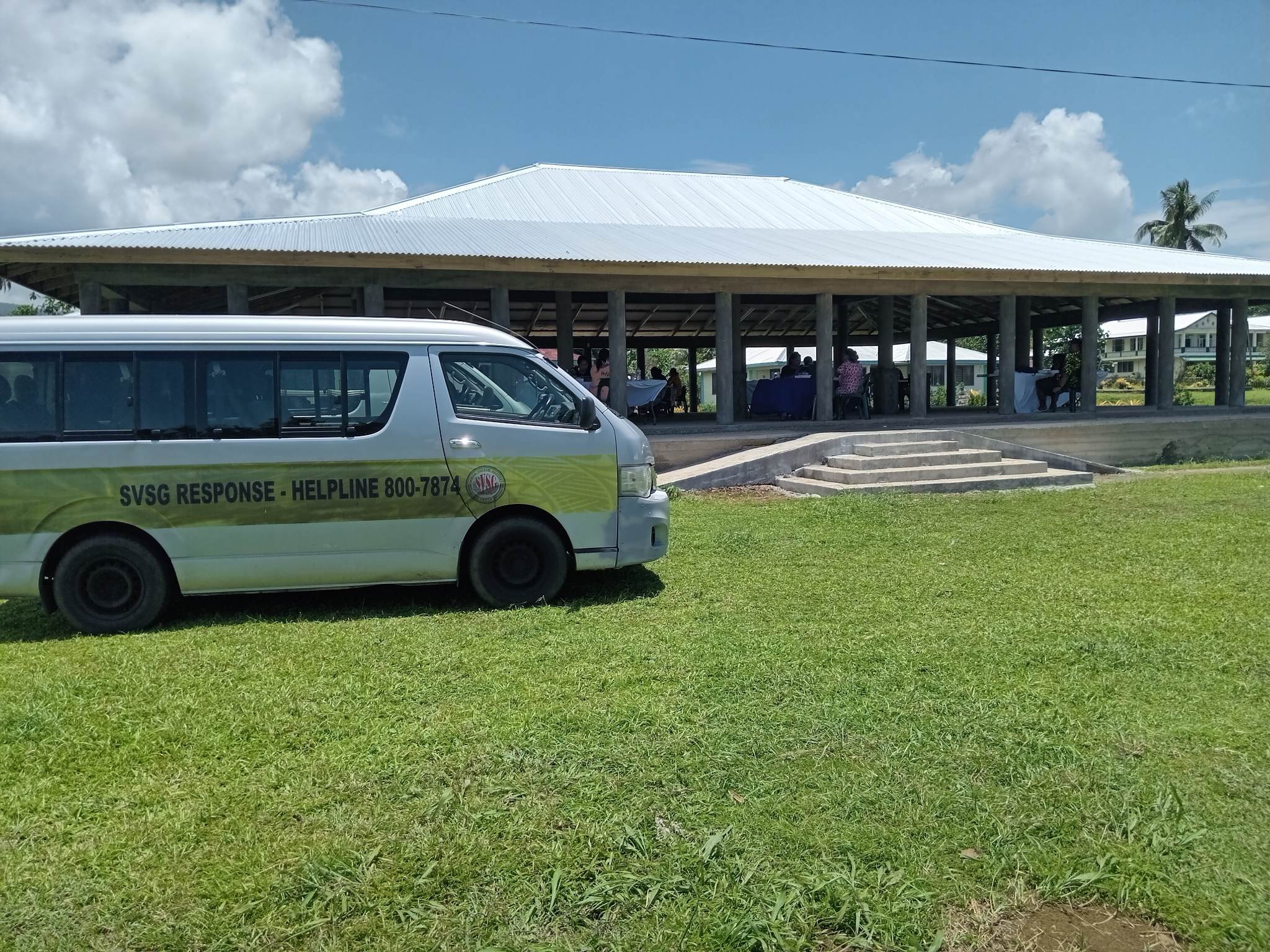Samoa Village Health Survey Reaches Vaie’e
Photo: SVSG
A total of a hundred and nine men and women of Vaiee Safata, participated in the Samoa Village Health Survey administred over the last two days.
The survey is part of The EVE Project (Evidence for Violence prevention in the Extreme); which is a research study led by the University College London (UCL), and implemented in Samoa by the
Samoa Victim Support Group (SVSG), the National University of Samoa (NUS), and the Samoa Bureau of Statistics (SBS).
The survey looks at understanding the effectiveness of an intervention designed to address violence against women and girls.
According to the enumerators tasked with the survey administration, the village of Vaiee were eager participants.
They gathered at the allocated venue on time, all dressed up and ready to take part in the survey component of the research study that looks at developing indigenous approaches to preventing violence against women.
The lead researcher of the study, Dr. Jenevieve Mannell, expressed her gratitude to the village leaders for their support, as well as the Vaiee EVE Team members who are SVSG village representatives, for such a well coordinated survey.
The EVE Project is a research study conducted in partnership with local villages to develop an indigenous approach to preventing violence against women, funded by UK Research and Innovation (UKRI) and based at University College London (UCL) in the UK. The EVE Project, referred to locally as E Le Sauā le Alofa (Love Shouldn’t Hurt) is a four year research study that started in March 2020.
According to the SVSG President Siliniu Lina Chang, “SVSG have selected 20 village representatives from 10 villages to develop an approach for researching violence against women that works within the Fa’a Samoa (‘the Samoan way’). Since the research started, the SVSG village representatives have been trained as local researchers to assist with the study, and we are so proud of their commitment to date.”
The survey is specifically for the 10 villages (8 in Upolu and 2 in Savaii), selected for the research study.


